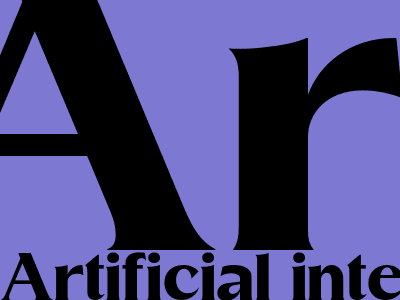
Artificial Intelligence: Predicting the Weather and Human Health
Harnessing AI for Accurate Weather Forecasting
Artificial intelligence (AI) has emerged as a valuable tool in weather forecasting, offering enhanced accuracy and precision. AI algorithms analyze vast amounts of complex data, including historical weather patterns, satellite imagery, and numerical models, to make reliable predictions. By identifying patterns and trends that humans may miss, AI systems provide more precise forecasts, extending prediction horizons and enabling early warnings for severe weather events.
Benefits of AI in Weather Forecasting
- Increased accuracy and precision in weather predictions
- Extended prediction horizons, allowing for timely planning
- Early warnings for extreme weather events, mitigating potential risks
AI's Role in Enhancing Human Health
AI technology is transforming the healthcare industry, playing a crucial role in predicting and managing human health. AI algorithms analyze vast datasets of medical records, genetic information, and lifestyle factors to identify patterns and predict health risks. This enables personalized healthcare plans, early detection of diseases, and tailored treatments.
Applications of AI in Healthcare
- Predicting disease risks based on genetic predispositions
- Early detection of diseases through analysis of medical images
- Personalized treatment plans tailored to individual patient profiles
Challenges and Future Prospects
While AI holds immense potential in weather forecasting and human health, it also presents challenges. Data quality and availability, algorithm transparency, and ethical considerations are key areas that require ongoing attention. Continuous research and development will address these challenges, unlocking even greater benefits from AI in these critical domains.
Conclusion
Artificial intelligence has revolutionized weather forecasting and human health prediction. By leveraging AI algorithms to analyze vast amounts of data, we can now make more accurate weather predictions and identify health risks with greater precision. As AI technology continues to advance, we can anticipate even more groundbreaking applications that will improve our lives and well-being.